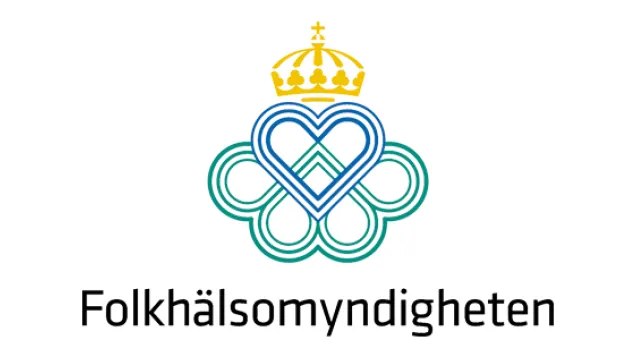The Swedish advice-making process for distance learning in schools, November 2020 − April 2021
Executive Summary
The case-study approach of this AAR allowed for in-depth explorations of how key advice travels through and across relevant organisations, as well as how it changes over time in light of new evidence. Inspired by ECDC’s best practice for AARs, the findings of this AAR are structured around three main questions:
- What happened and who was involved?
- What influenced the advice-making process and why did it turn out as it did?
- What should change and how can it be implemented?
In addition to identifying the technical aspects of how evidence was produced, it is also important to recognise any external pressures, informal practices and networks (both within and across agencies) that affect the advicemaking process. Data gathered for the AAR consisted of a two-day consultative process with key stakeholders (identified by the Public Health Agency of Sweden (PHAS)) and semi-structured interviews during the week of the workshop and the subsequent week.
The advice-making process for distance learning during the selected period was based on national epidemiological evidence and other types of evidence. This included holistic consideration of the impact of school interventions on health outcomes and the broader impact on society and well-being for students, schools and school organisations, teachers, families and socio-economic continuity. When developing school-related advice, PHAS established a dedicated school group, including staff members with different types of expertise. The school group collaborated with many stakeholders, and particularly closely with Skolverket – the Swedish National Agency for Education.
Through the workshop and interviews with the AAR team, review participants identified specific good practices used in the process, and developed several lessons learned, based on what went well and not so well during the advice-making process.
Key good practices identified by participants included:
- having one comprehensive national public health agency, with different types of expertise;
- creating horizontal and ‘diagonal’ relationships between health and educational agencies and ministries;
- articulating and consistently making use of guiding principles for analyses and advice;
- creating an accessible and continually-updated comprehensive technical report on evidence for school interventions and their consequences.
Examples of lessons learned when preparing advice-making for the future, as identified by participants, included:
- clearly communicating the reasons, logic and evidence for recommended actions, based on a holistic health perspective;
- communicating on why a particular action cannot be taken;
- coordinating across agencies;
- collecting data when most needed, and sharing it to avoid duplicated effort;
- performing broad public health research, taking into account multiple perspectives;
- listening to affected stakeholders, including children.
The Swedish advice-making process for distance learning in schools, November 2020 − April 2021
English (1.84 MB - PDF)Share this page



